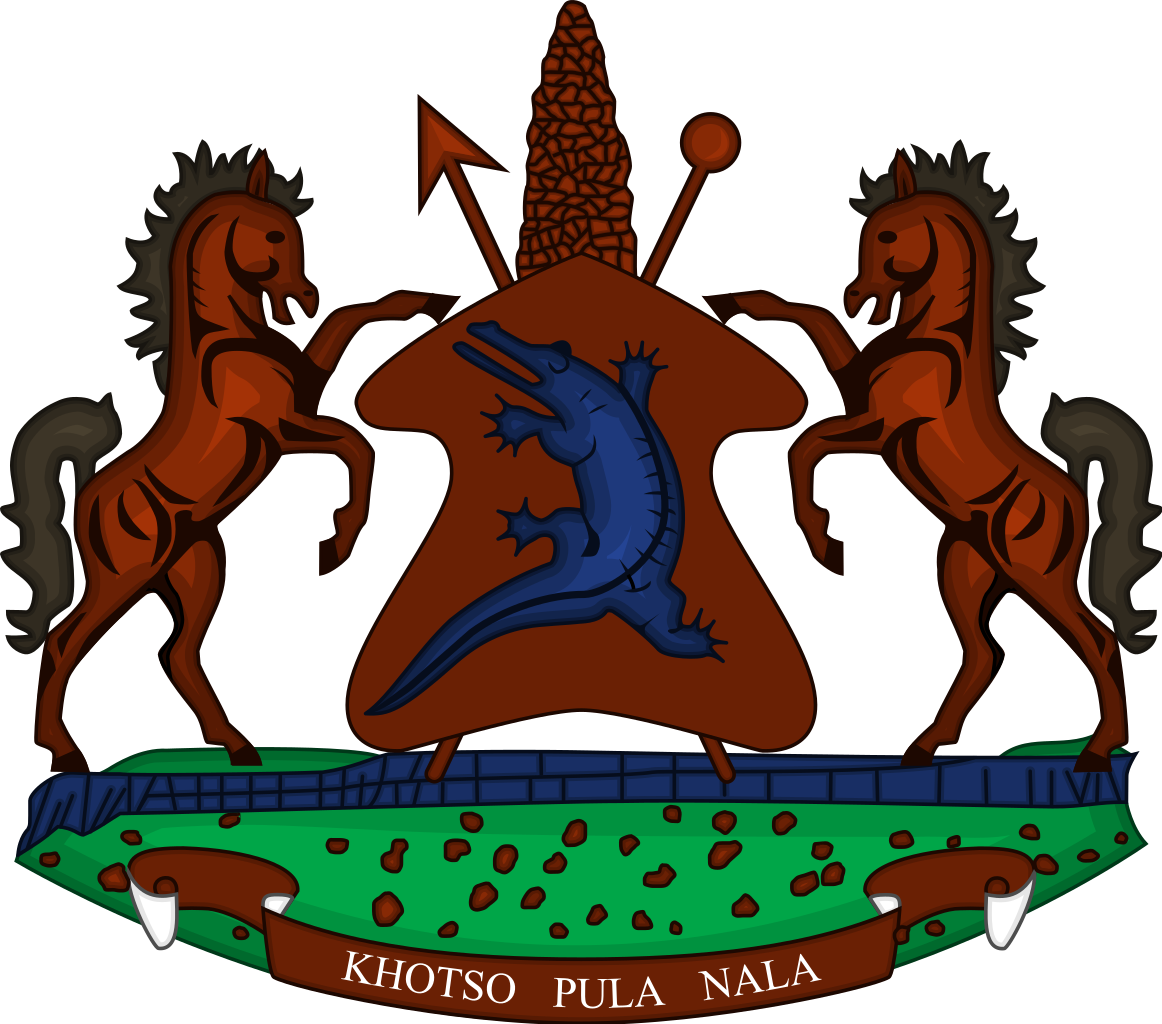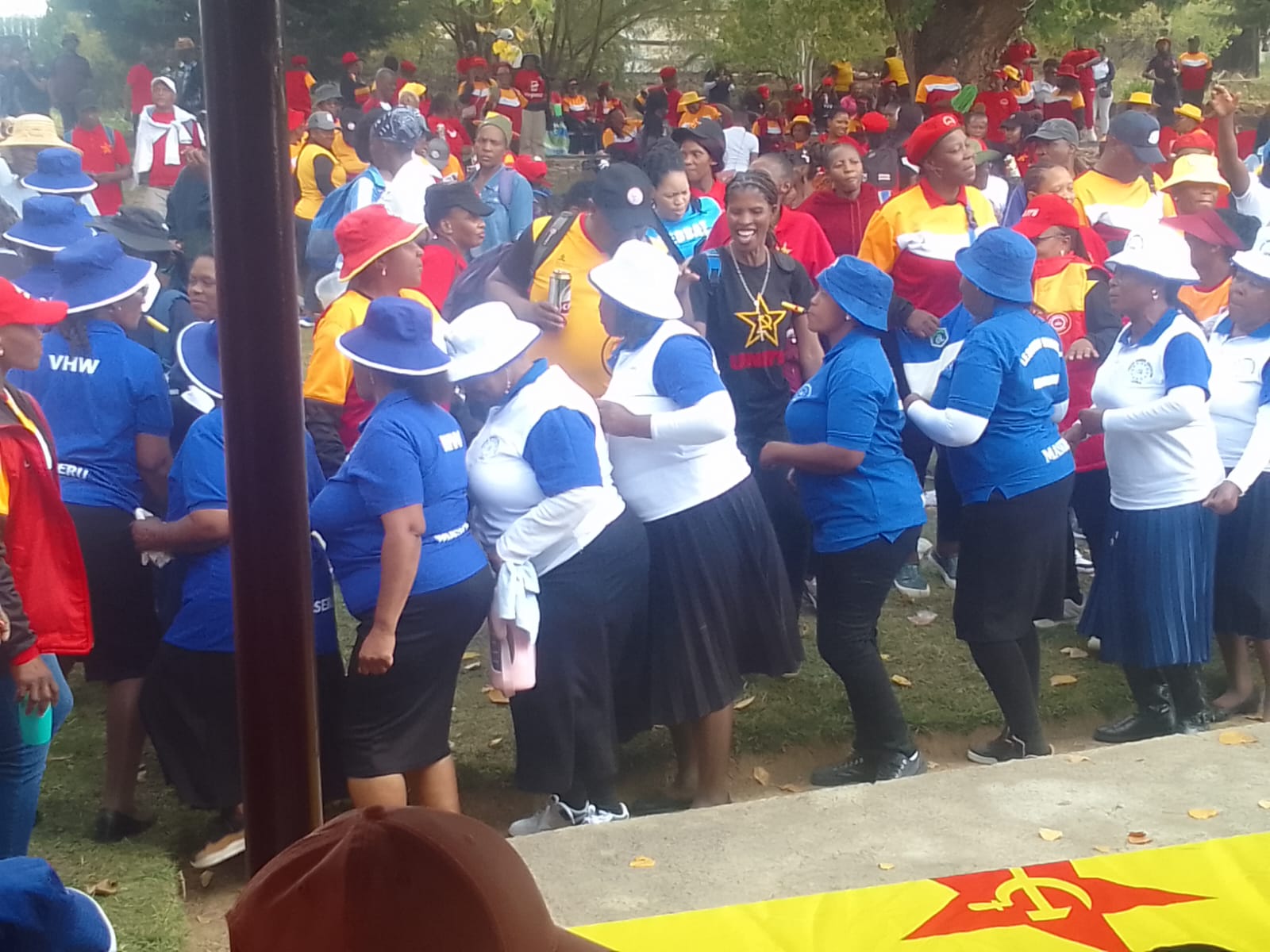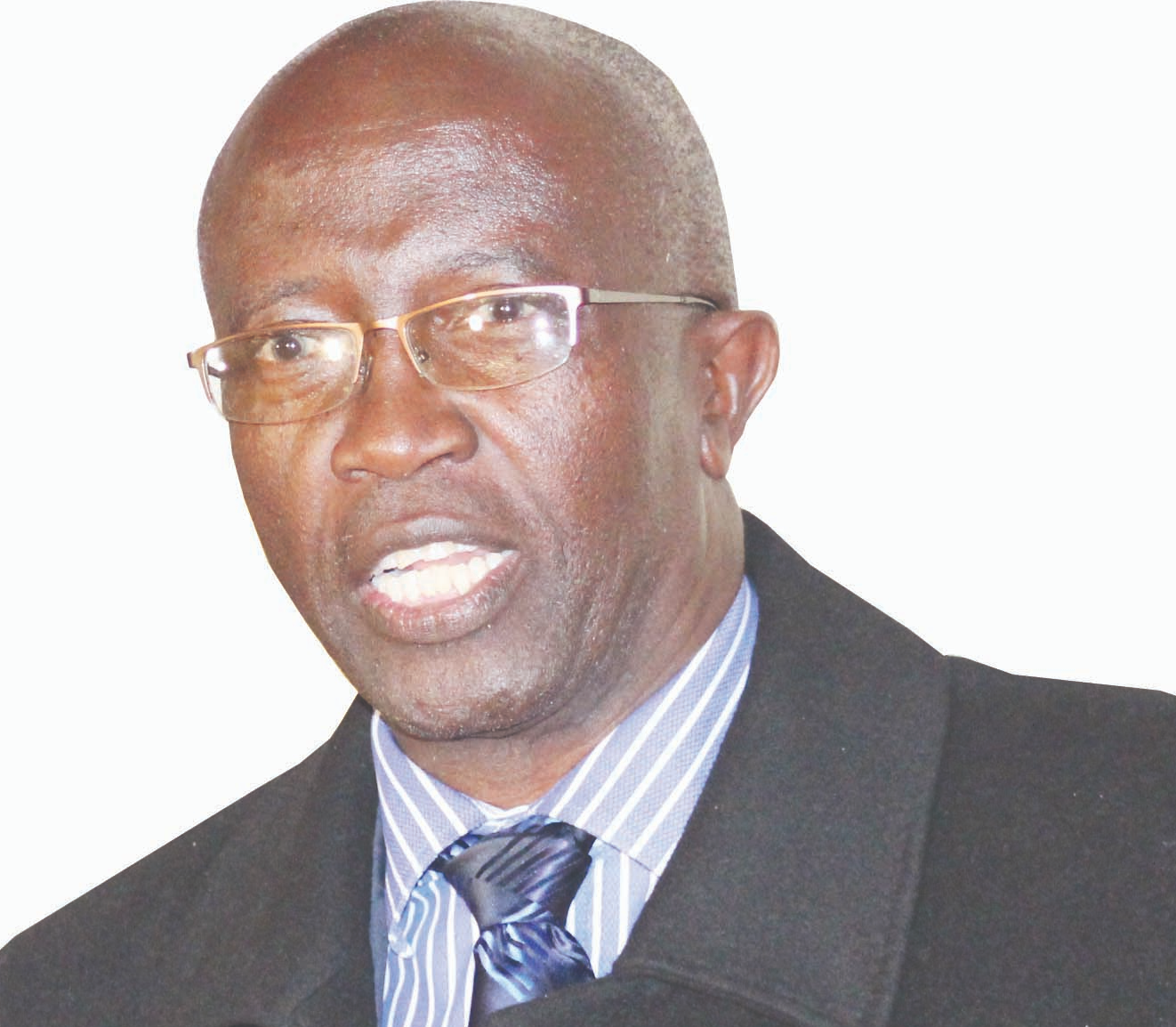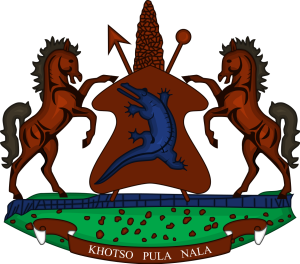The Principal Secretary in the Ministry of Local Government, Mr. Lefu Manyokole says the formulation of the Maseru Citywide Slum Upgrading Strategy is driven by the recognition that actions related to slum upgrading, poverty reduction, environmental management, infrastructure development, and service delivery have been recognised.
He said the UN-Habitat works with cities to develop citywide upgrading slums and prevention to archive a multi-dimensional transformation of slums /informal settlements and connect slums to the cities.
Mr. Manyokole said Maseru has been experiencing rapid urbanization and informal settlements, leading to a growing population living in informal settlement conditions.
He stressed that the Housing National Policy of 2018 has identified informal settlement growth as one of the challenges inhibiting access to adequate housing.
He, therefore, expressed hope that the strategy as well as the action plan will guide the government of Lesotho to formulate targeted, Multi-Sectoral Slum Upgrading Programmes with developmental impacts for people living in slums.
Giving the history of Maseru City, the Consultant, Professor Resetselemang Leduka said Maseru City was initially a police camp on the eastern side of the Mohokare River after the 1989 Treaty of Aniwal North between the British and Free State in the Republic of South Africa.
He added that the significant growth of Maseru city came with independence in 1966 and this included the expansion of government facilities while in the late 1990s, the expansion of employment facilities showed, especially garment manufacturers.
Again, he said the rural-urban migration serves as a key driver of Maseru City, saying natural growth, as well as variations in the city’s administrative boundaries also contributed to significant growth of the city.
Prof. Leduka added that 44 percent of the urban national population lived in Maseru in 1996, noting that in 2006, this number increased to 46 percent, but the figure dropped to 41 percent in 2016.
The Consultant Ms. Mantai Seeko said the Maseru Municipal Council was established in 2005 in terms of the local government Act of 1997 and it is still the only municipal council in Lesotho.
She noted MMC was later revamped into Maseru City Council which was established under the repealed Urban Government of 1983.
She noted that the political arm is headed by the non-executive Mayor, who is elected among other councillors.
This workshop comes after the National Slum Upgrading and Prevention Strategy workshop.
By Staff Reporter: ‘Maphoka Likotsi





